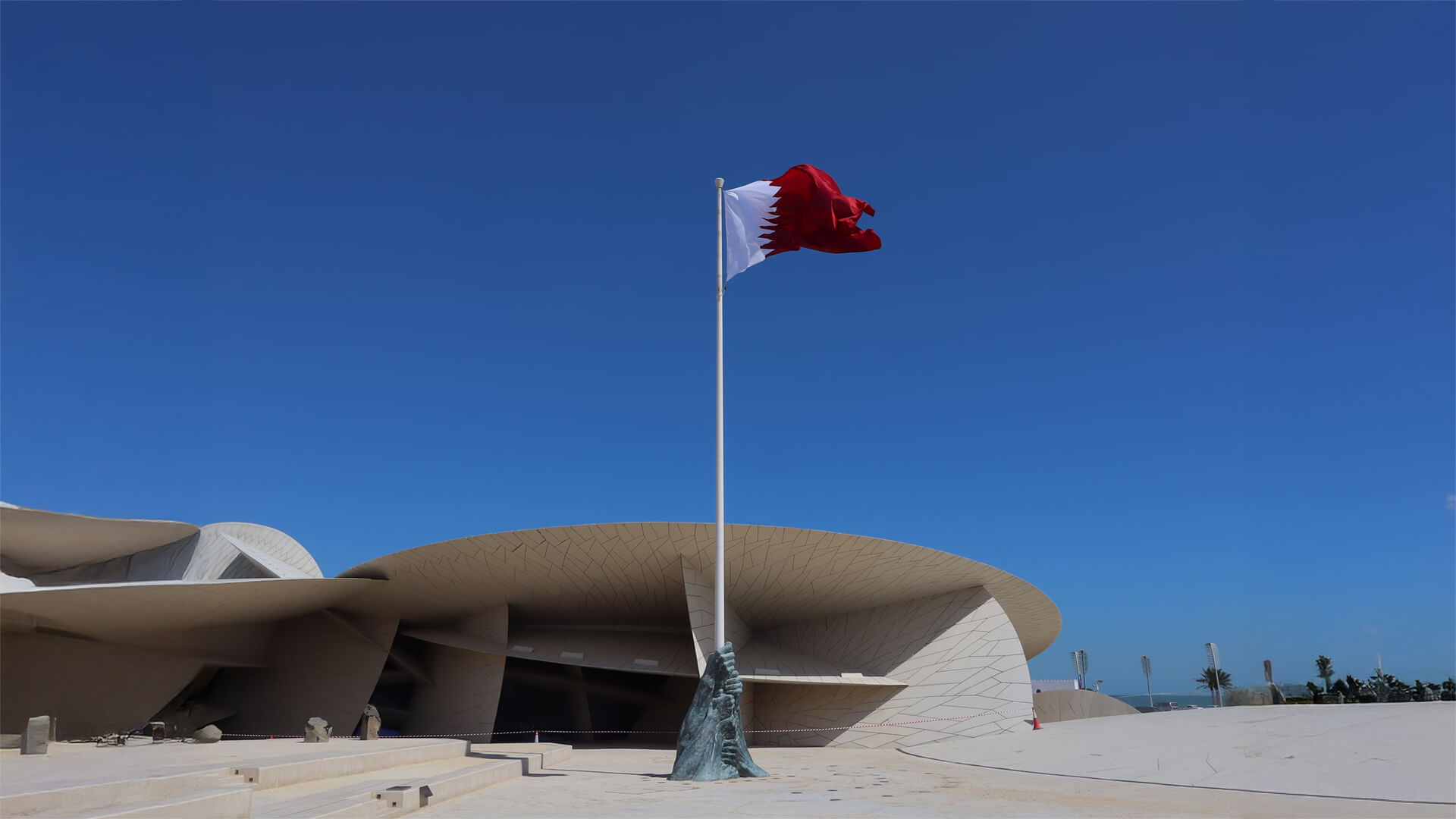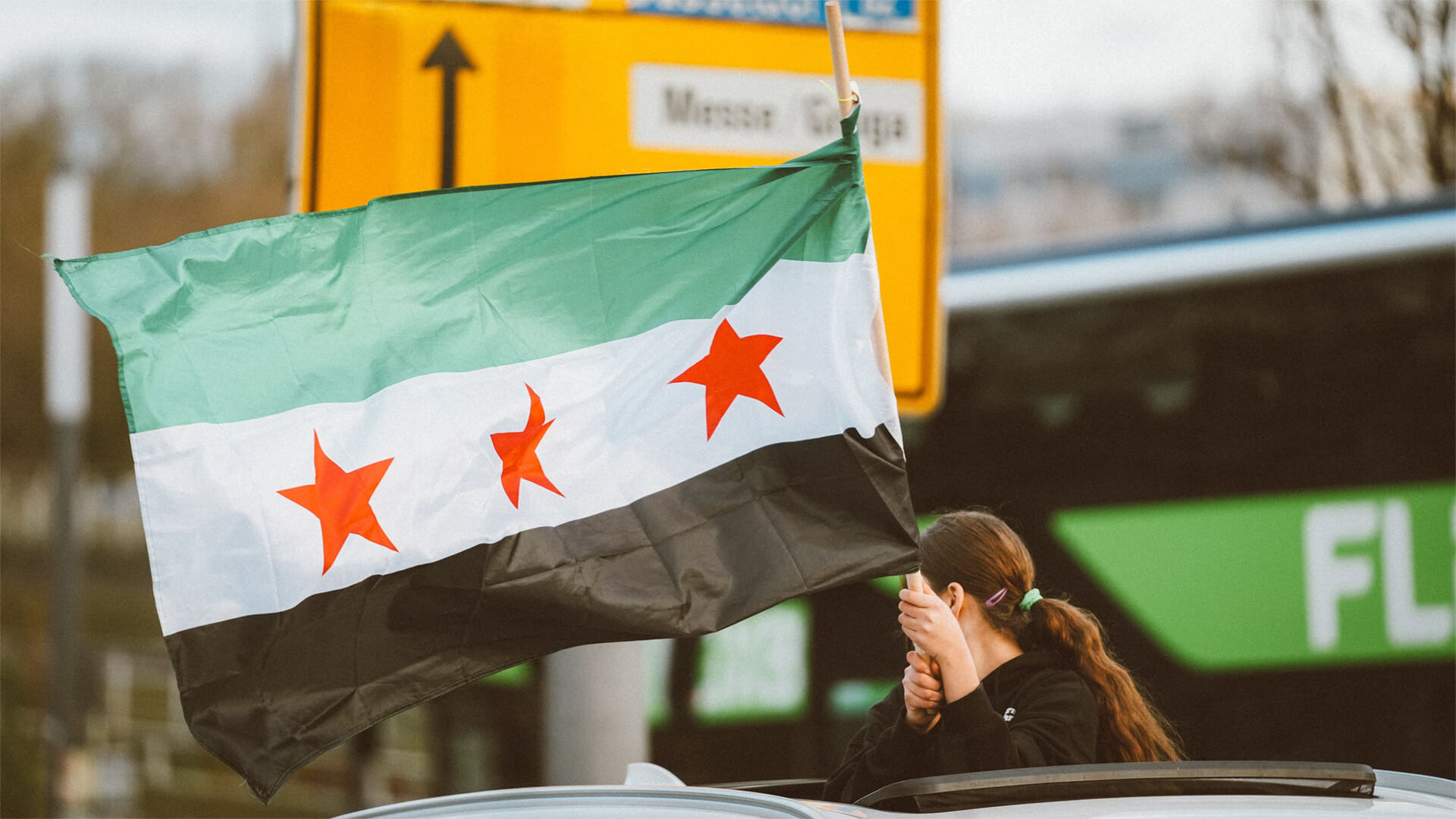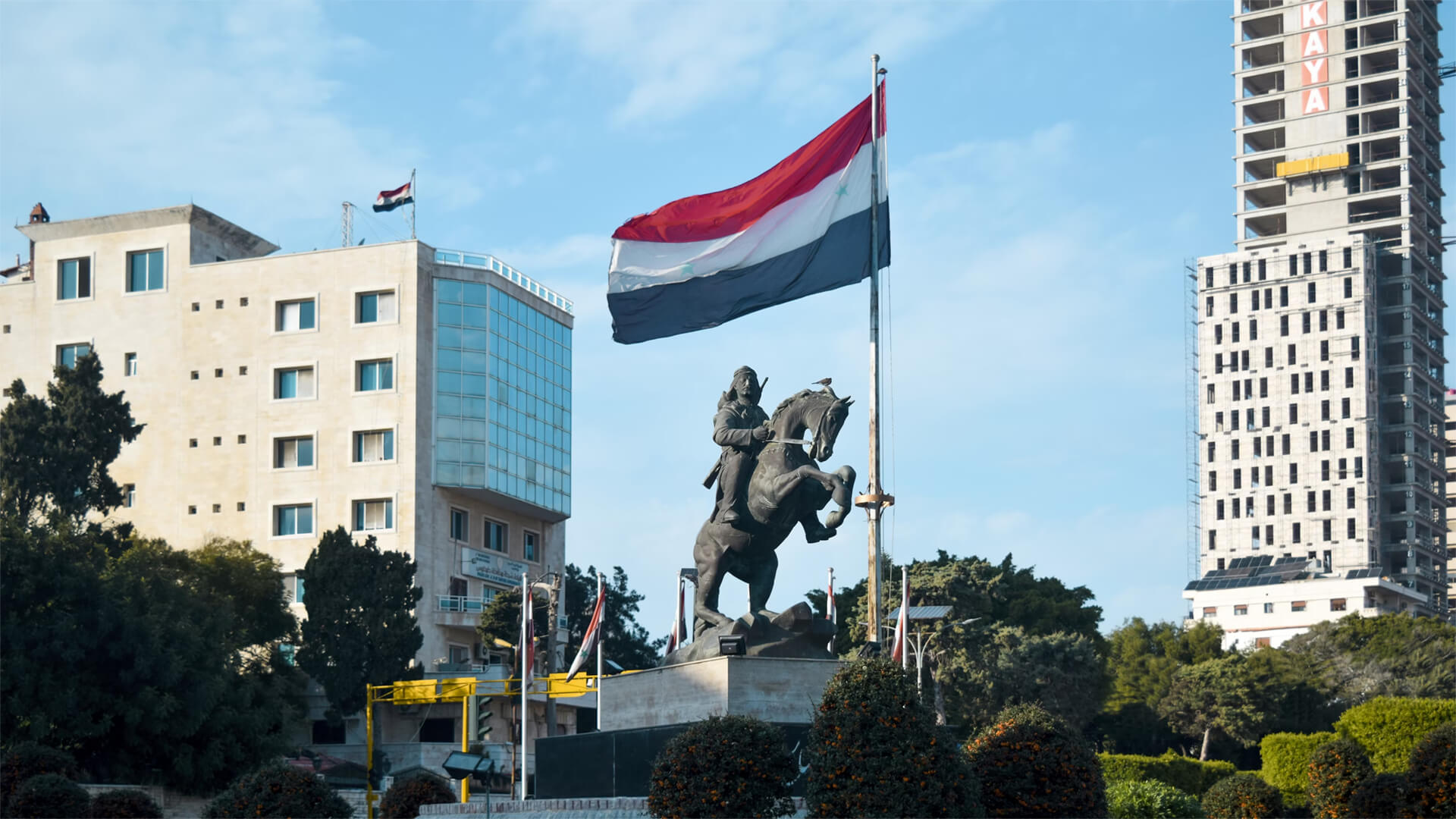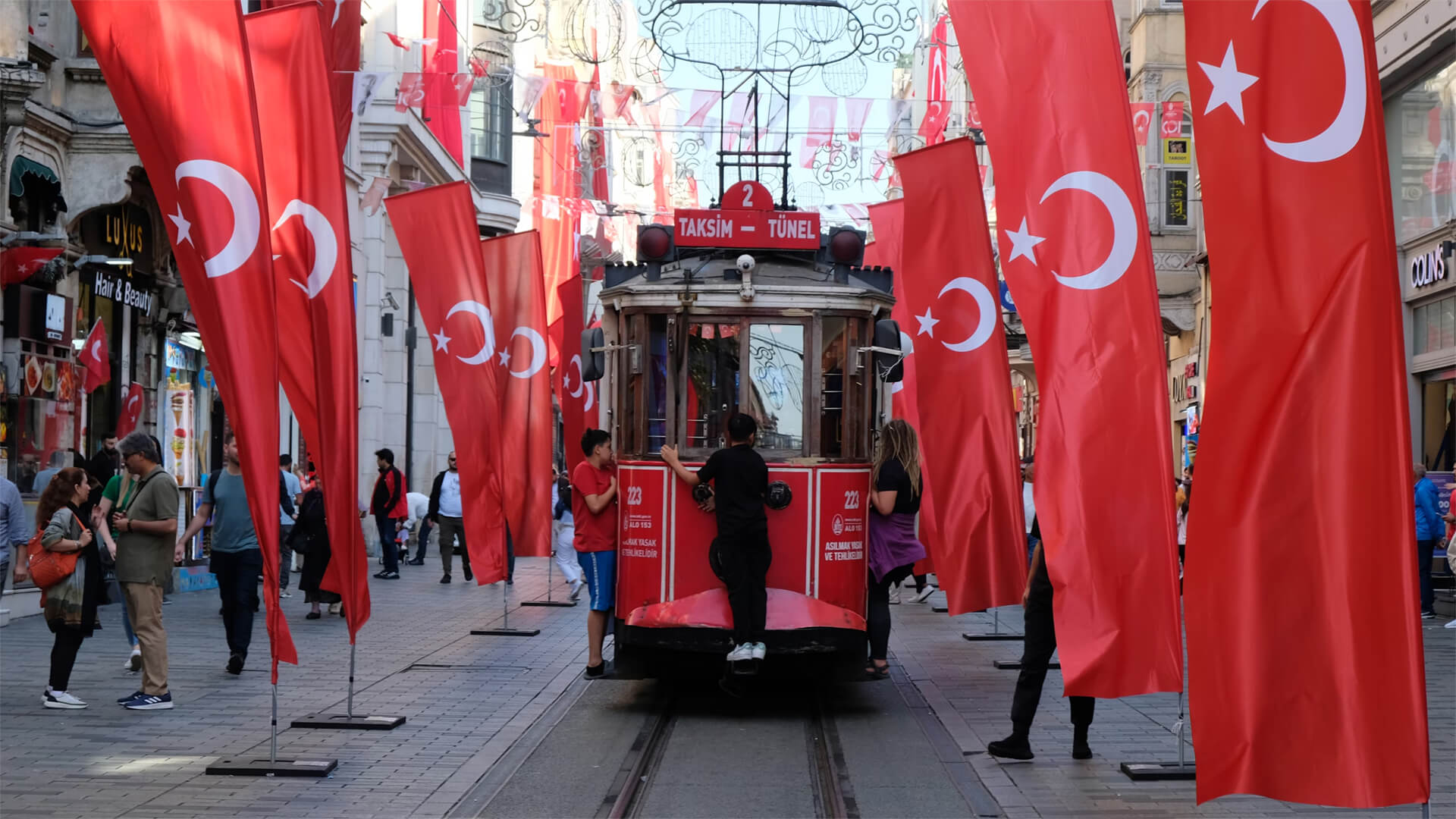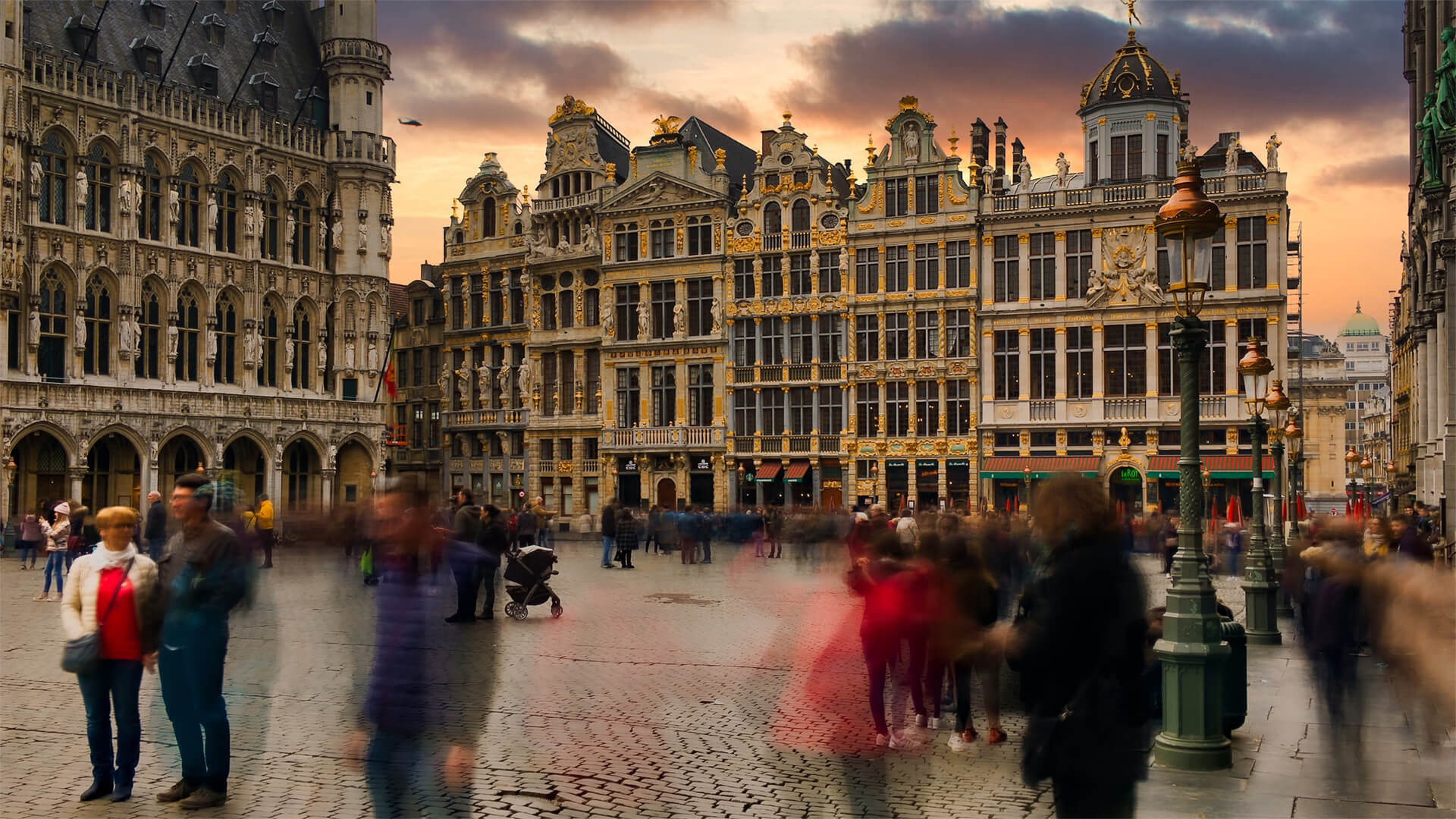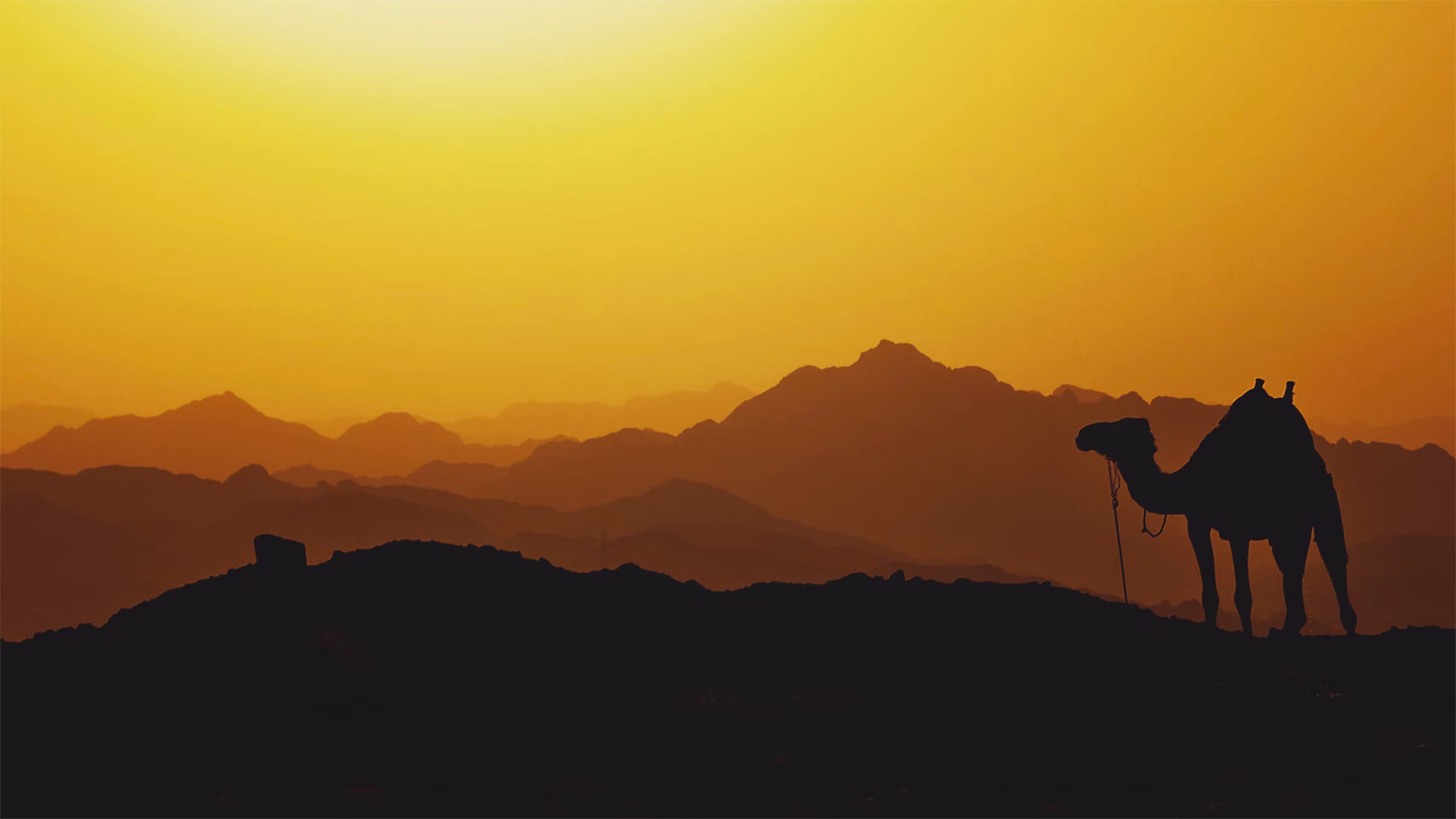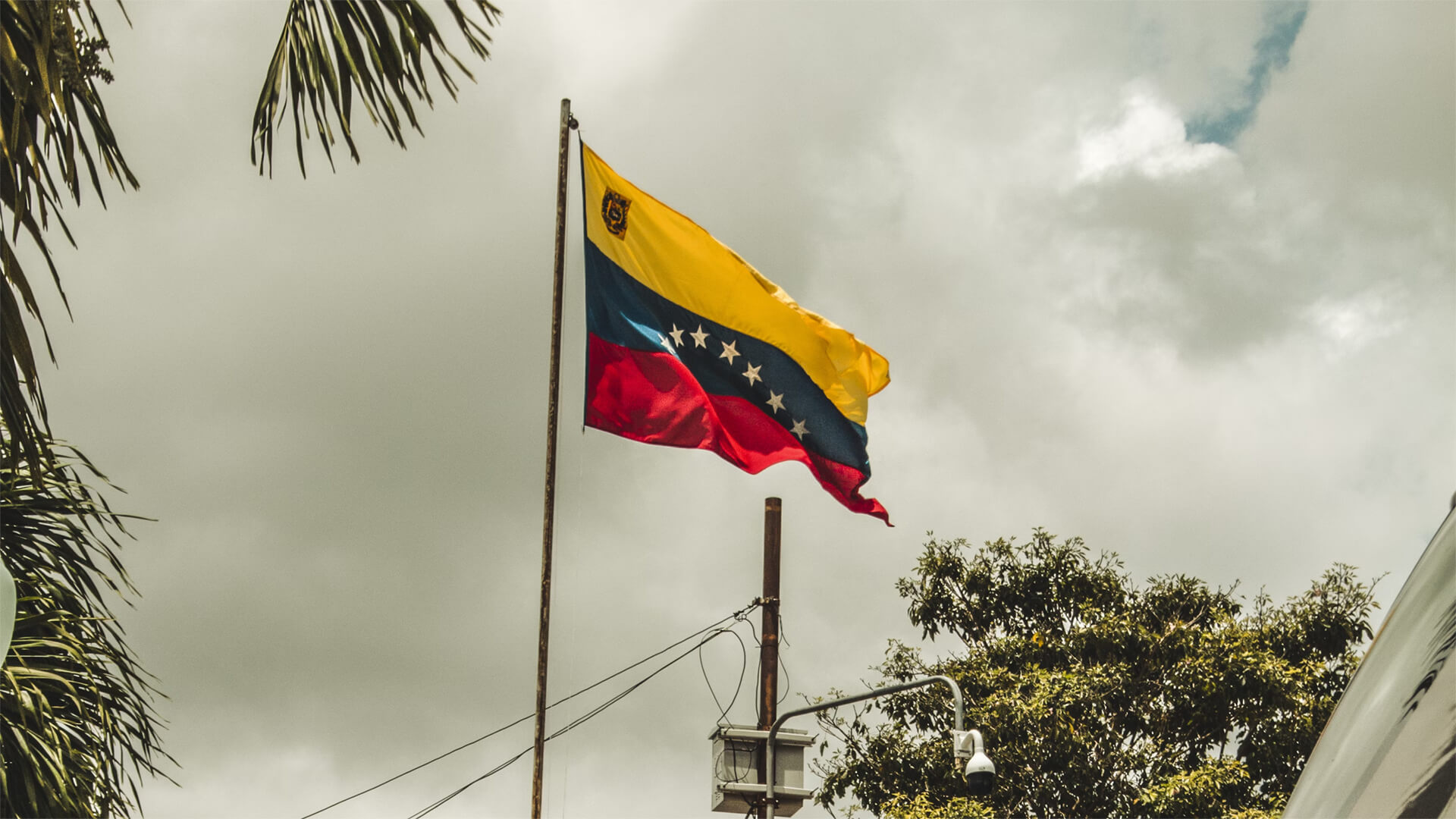Let’s first establish that Qatar is not building a new base in the US. They are funding an expansion of an existing US facility used to train F-15 pilots. And second, Qatar isn’t interested in those Idaho potatoes, they’re looking for something a bit more nuanced.
Qatar and the US don’t see eye-to-eye on most things, but both countries are willing to overlook those differences in favor of what they could gain from the relationship. The US maintains basing rights in Qatar for CENTCOM. Qatar gets some sweet and tasty leverage.
Washington, once again, finds itself in a political and ethical gray zone with another misaligned country in the Middle East.
Transcript
Hey all, Peter Zeihan here, coming to you from Colorado. Today we’re going to take a question from the Patreon page. And it’s about this new military base that supposedly the Qatari government is building in Idaho. So, first let me clear up what’s going on and then give you an idea of what to expect. First of all, it’s not a fundamentally new military base.
It’s an existing facility that is already used for training foreign forces, most notably the Singaporeans. And it’s going to be training Katari, F-15 pilots just like it does in Singapore. F-15 pilots. What’s different is that the Qatar are investing a huge amount of money to expand the facility. Normally, when foreign forces are training with the United States, we either do it there or if they do come here, they come to a preexisting facility.
It remains under American control. It’s not going to be a Katari base, but it is definitely in the gray area. Because the Qatari are up front paying for the expansion. That’s not something that has ever happened, ever in American history. But to say that Qatari law is going to hold in Idaho, that is also not correct.
So there’s a lot of misinformation out there on all sides. What we do need to discuss, however, is the Qatari. Qatar is a country in the Middle East. It’s that thumb that has under a million citizens. I think it’s like 400,000 citizens. And it sits on arguably the world’s largest natural gas field that has extraction infrastructure.
There might be a couple in Russia that are bigger, but they’re untapped. And that means that the Qatari are just stupidly rich. By most measures, Qatar is the richest country in the world on a per capita basis. And as a result, Qatar has been using that money to basically carve out an independent foreign policy for itself. This includes a significant amount of terrorist financing.
They like the Taliban. They like the Muslim Brotherhood in, Egypt. They used to be a big fan of Hamas until that became politically unpalatable, in Gaza. They’re backing probably the wrong side of the civil war in Libya. And, and, and and and the United States has its Centcom headquarters in Qatar and did so through the entire war on terror.
And if that sounds weird to you, that’s because it is, the US military realized it needed a large footprint to coordinate its operations in Afghanistan, Iraq and the rest. And when it looked around for possibilities, it really didn’t find many. Obviously, it wasn’t going to put it in Iran. Obviously it wasn’t going to put it in Iraq, because that was a war zone was going to put in Saudi Arabia because Saudi Arabia said, no, we weren’t going to put it in, Kuwait because that was too vulnerable compared to what was going on in Iraq.
Oman was neutral and wasn’t interested in that, really just left Qatar. And, the Qatari, while they were in all meaningful ways on the opposite side of the equation from the US military on every military issue that mattered, really wanted the Americans there as a geopolitical counterweight to the local powers in the area, most notably Saudi Arabian Iran.
So whenever you’re doing anything in the Middle East, keep in mind that you’re going to be having some very strange bedfellows. And that is no different here than anything else.
What is different is that the Qatari are completely shameless when it comes to seeking out people who are craven and are just desperate to be corrupted, and they try to spread their influence by using flat out cash.
So if you remember the disgraced and I think now imprisoned, former Democratic congressperson, Bob Menendez, yes. There we go. From Jersey. He’s the guy who was found with, literally gold bars in his home because he was basically pimping his services for foreign governments. That was Qatar money. The Qatari basically bribed him.
And so now what? We have the Qatari paying for infrastructure for the US military. We should view that in the same light. It is a bribe. This is also the same government that gave a, jet to the Trump administration. That’s basically to call it Air Force One. But when, Trump is out of the white House, it goes with him.
That is also called a bribe. And they really don’t care who they bribe. Their goal is to get other countries to take policy decisions that back their position, because they’re a small state and in a straight up fight, they wouldn’t do very well. So they spread the money on thick. And if you’re going to condemn people on one side, like the new Jersey congressperson for taking gold bars to sell out his country, then you have to consider that everyone else who is taking money also maybe isn’t the most ethical person.
But before you go around condemning everybody, keep in mind that we have had a base in Qatar for almost 25 years, and it is a ridiculous, but that is the cost of being a great power, apparently.


